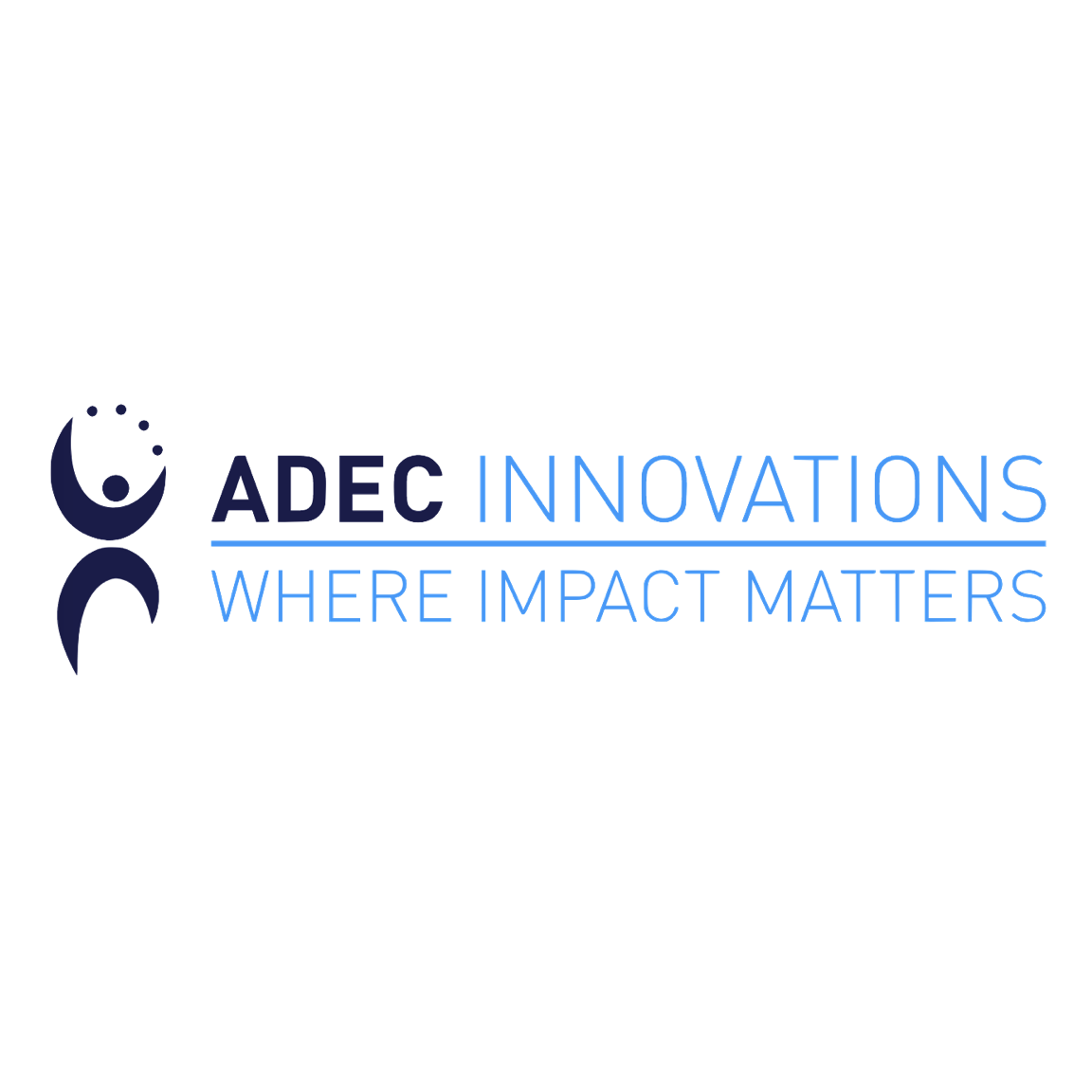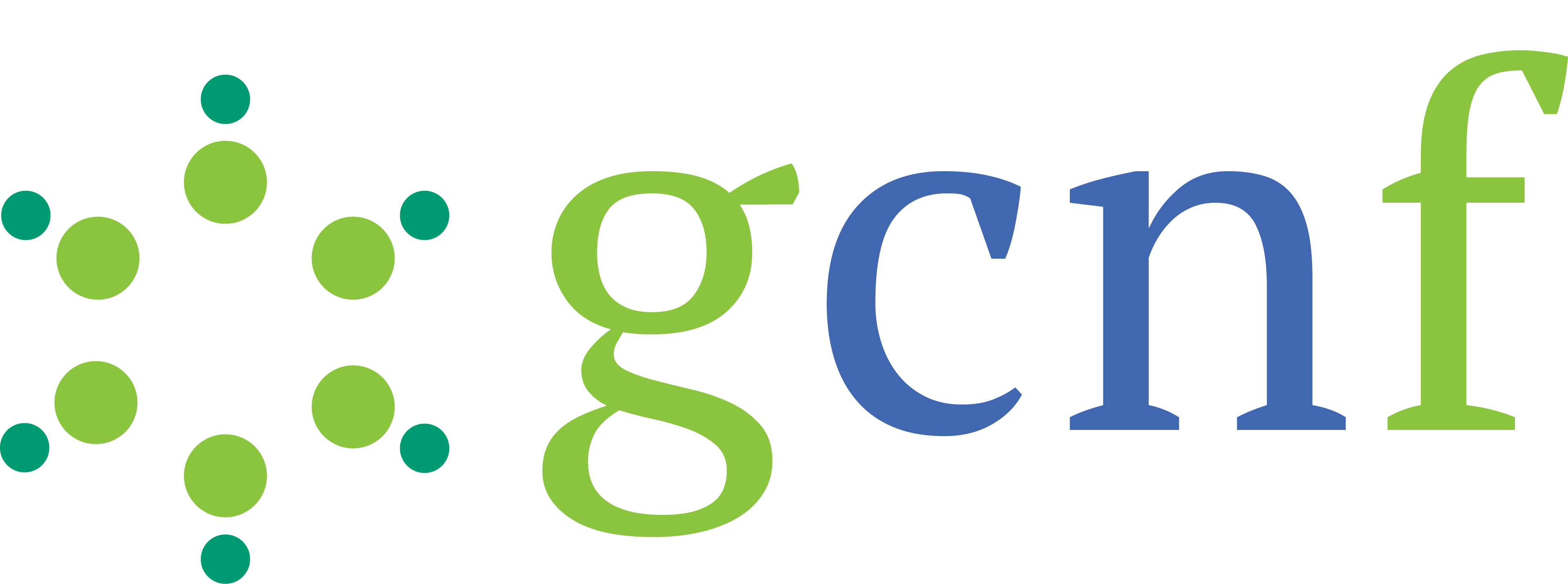Disaster Risk Management Unit at the Presidency of the Council of Ministers, Lebanon
Description
About
The Disaster Risk Management Unit was established in the Presidency of the Council of Ministers in 2010 as a partnership between the Lebanese government and the United Nations Development Programme (UNDP), aimed to strengthen the capabilities of the Government of Lebanon in reducing disaster risks. The unit is the only national body concerned with all stages of disaster risk reduction, including prevention, preparedness, response and recovery from disasters. During normal days, the unit prepares national disaster risk reduction strategies in coordination with the Sendai Framework 2015-2030. It is also constantly working on developing executive action plans and updating and developing emergency plans to confront disasters and national response plans. In addition, the Disaster Risk Management Unit prepares national standards to measure progress made in the areas of disaster risk reduction in Lebanon based on Lebanon’s commitments to international treaties, and works to develop and improve early warning systems at the national and local levels. The Unit also collects information to build a national database for disaster risk management. Additionally, it coordinates studies to identify types of risks and develop precautionary plans to reduce them. It also raises awareness and builds capacities at the local level through awareness campaigns and workshops in schools and municipalities in various Lebanese governorates.
The unit’s work during disasters and crises is summarized as follows:
- Receiving communication about the occurrence of a disaster or crisis, reporting it, and circulating it to all concerned departments and bodies to begin taking immediate measures to confront it.
- Taking the necessary steps and measures to be able to confront disasters and crises.
- Proposing appropriate actions to manage the crisis or disaster and address it in coordination with the concerned departments and bodies.
- Activating communication and coordination with and between all intervention agencies during operations.
- Preparing and disseminating the humanitarian appeal(Flash Appeal ) for various stages of disaster management with countries and international bodies.
- Follow up on response operations at the national level.
- Evaluating the results of post-operative intervention and proposing measures that help improve performance in the future
- Follow up recovery work at the national level.
SECTOR
Disaster Risk Reduction
Country
Lebanon
SDG
11 - Sustainable Cities and Communities
Organization Type
Government
URL
drm.pcm.gov.lbSimilar Organizations




